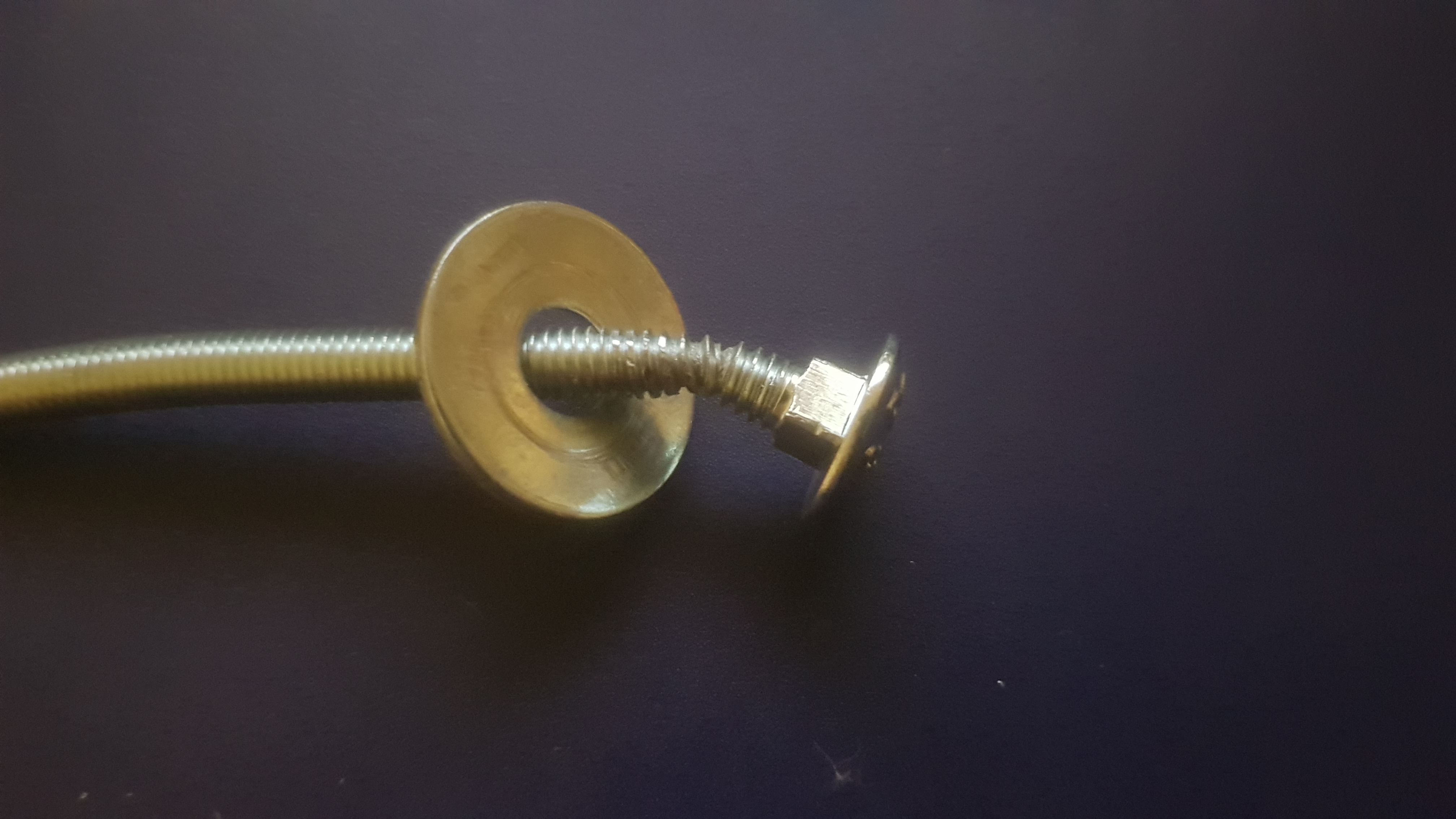Um. What species of tap have you got? Ordinary hand taps i.e. taper, second, bottoming can be a right pain to start in soft "casting muck" alloy. Especially a fairly course thread like your M12 x 1.75.
It's very easy not to get a clean start with the taper tap and end up reaming out the hole rather than cutting the thread.
Especially if you've not done it before and have no feel for just how much the tap should pull in for each turn. Like so much of this sort of thing once you have done half a dozen or so you wonder what the problems were. But first time out. On your own. Un-mentored (and a bit P'd off with the whole palaver) is whole different ball game.
Can you find something to practice on first?
Ordinary high street / industrial estate hardware store, motor factor, not too expensive off E-Bay et al supplied taps frequently aren't totally wonderful either. Will get the job done once you have your eye in but .... Serial form taps, where the first (and second if there are three) are smaller diameter(s) are a lot easier for folk in your position but the price is hardly one off job friendly.
If I had a set of M10 or M12 serials about the place I'd drop them in an envelope with the right size drill and post tomorrow but unfortunately I don't.
To be honest the best fix would be to put a Wurth TimeSert thread repair bush in but the kit is seriously not cheap. That way you get a steel thread expanded into the alloy which will neither strip nor pull out. Been doing a few a year for the last 30 odd years and I've yet to have one come back broken however gorilla-oid the customer.
Once you have got your thread in lock the puller bolt or stud down into the boss with a nut and washer done up decently tight before you try to pull the boss off. Makes things a lot stronger. With a simple stud screwed into a thread only the first three or so turns do any work so its all fairly weak. Adding the nut brings more threads into play and seriously stiffens things up.
Best of luck and hope it goes well for you.
Clive
